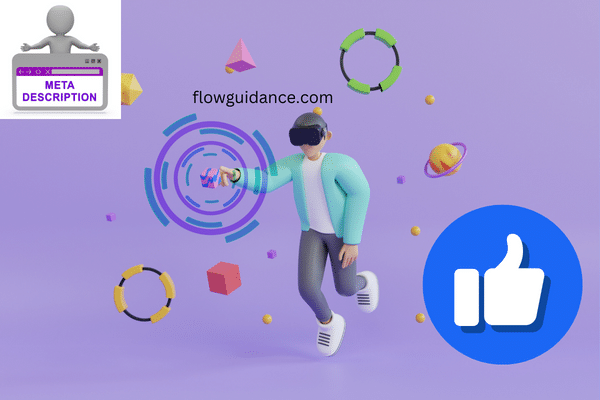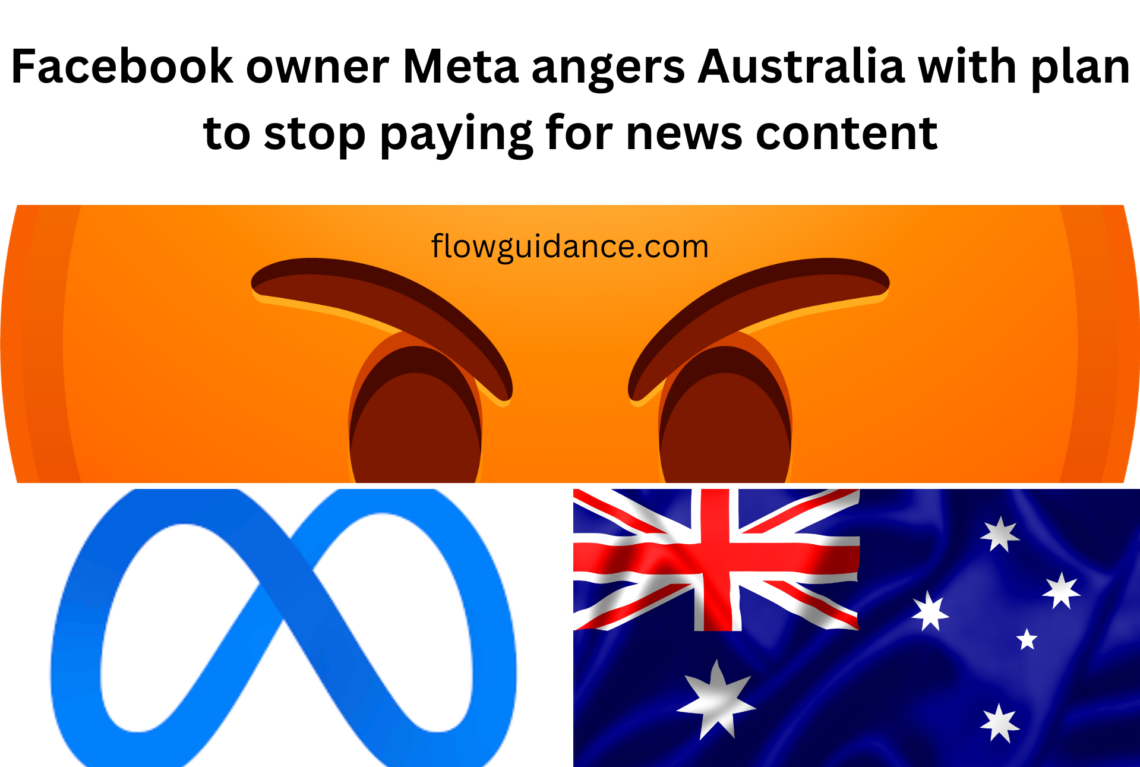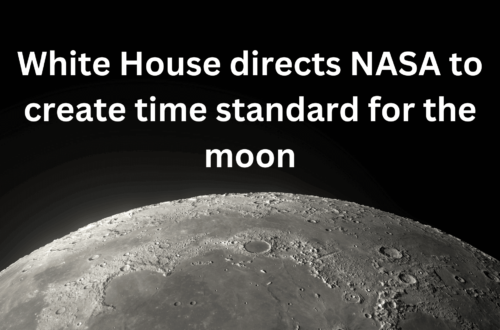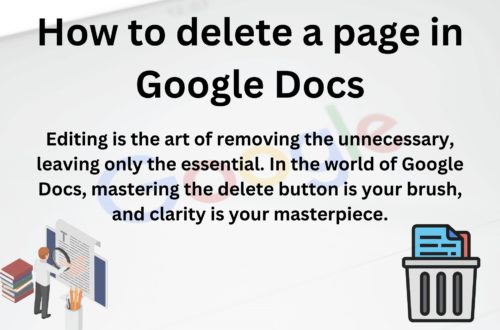Facebook owner Meta angers Australia
In a recent announcement, Meta Platforms has declared its decision to cease payments to Australian news publishers for content shared on Facebook, reigniting tensions with Canberra. This move sets the stage for a renewed confrontation, as Australia, a pioneer in legislating laws compelling internet giants to negotiate licensing deals, faces off against Meta.
Meta's Scaling Back on News Promotion
Citing a shift in its business model, Meta revealed its intention to discontinue payments to Australian news publishers. The company highlighted a diminishing emphasis on news and political content promotion, asserting that news links now constitute only a fraction of users’ feeds. As part of this transition, Meta will eliminate the news promotion tab on Facebook in both Australia and the United States. Notably, a similar tab was terminated in the UK, France, and Germany last year.
Australian Government's Response
The Australian government, however, is not taking this move lightly. Prime Minister Anthony Albanese expressed concern, stating that the notion of one company profiting from the investments made by others, not just in capital but also in people and journalism, is fundamentally unfair. The government is now seeking guidance from the Treasury Department and the Australian Competition and Consumer Commission (ACCC) on its next course of action.
ACCC's Critique and Potential Consequences
Rod Sims, former ACCC chair and architect of the 2021 law, criticized Meta’s decision as selfish. He raised concerns about the societal impact, emphasizing that Meta’s move undermines the quality of journalism on social media platforms. Sims accused Meta of disrespecting the Australian parliament, setting the stage for potential regulatory interventions.
Legal Landscape and Potential Mediation

In accordance with the legislation enacted in 2021, the Australian government wields the authority to designate a mediator tasked with the responsibility of ascertaining the appropriate fees for Meta, formerly known as Facebook, and is additionally empowered to levy fines should the company exhibit reluctance in cooperating with the regulatory framework. Despite the majority of existing contractual agreements between Meta and Australian media entities extending until the year 2024, it is noteworthy that Meta is not compelled to make payments in instances where it obstructs users from disseminating news articles—a circumstance that transpired fleetingly in the year 2021.
This nuanced situation places the government in a pivotal position, necessitating a meticulous consideration of whether to actively intervene in the ongoing matter or alternatively, explore legal avenues to address any potential breaches or challenges posed by Meta. The decision-making process entails a comprehensive evaluation of the legal implications, potential consequences, and the broader impact on media dynamics within the Australian landscape. The delicate balance between fostering cooperation with digital platforms and safeguarding the interests of the media industry underscores the complexity of the choices facing the government in its efforts to regulate and navigate the evolving digital media landscape.
Industry Backlash and Media Outlets' Reaction
Prominent media outlets in Australia have vehemently criticized Meta’s recent decision, characterizing it as a direct assault on the media industry. Michael Miller, the Executive Chairman of News Corp Australasia, expressed strong disapproval, accusing Meta of exploiting its dominant market position to outrightly reject negotiations. Miller’s critique underscored concerns about the unequal power dynamics between the tech giant and media organizations.
Adding to the chorus of disapproval, Nine Entertainment’s CEO, Mike Sneesby, highlighted Meta’s failure to acknowledge the intrinsic value generated by media firms for its platform. Sneesby’s comments echoed a broader sentiment within the industry that Meta’s stance undermines the essential role played by media outlets in producing content that drives user engagement and contributes significantly to the platform’s popularity.
Despite the lack of specific figures regarding the deal values, reports have surfaced indicating that the agreements between Meta and Australian media entities are estimated to be in the range of A$70 million ($45 million) annually for Facebook. This revelation adds a financial dimension to the controversy, shedding light on the economic impact of Meta’s decision on the media industry in Australia. The undisclosed nature of the deal values raises further questions about the transparency and fairness of the negotiations between Meta and Australian media outlets.
Global Implications and Ongoing Negotiations
As governments worldwide aim to safeguard their local news industries, this conflict with Meta sets a global precedent. Indonesia has expressed similar intentions to make large tech firms pay for news content. In this evolving landscape, Meta’s challenge to the Australian government raises questions about the future dynamics between technology giants and the media industry. As negotiations unfold, the outcome will shape the trajectory of news partnerships in the digital age.





